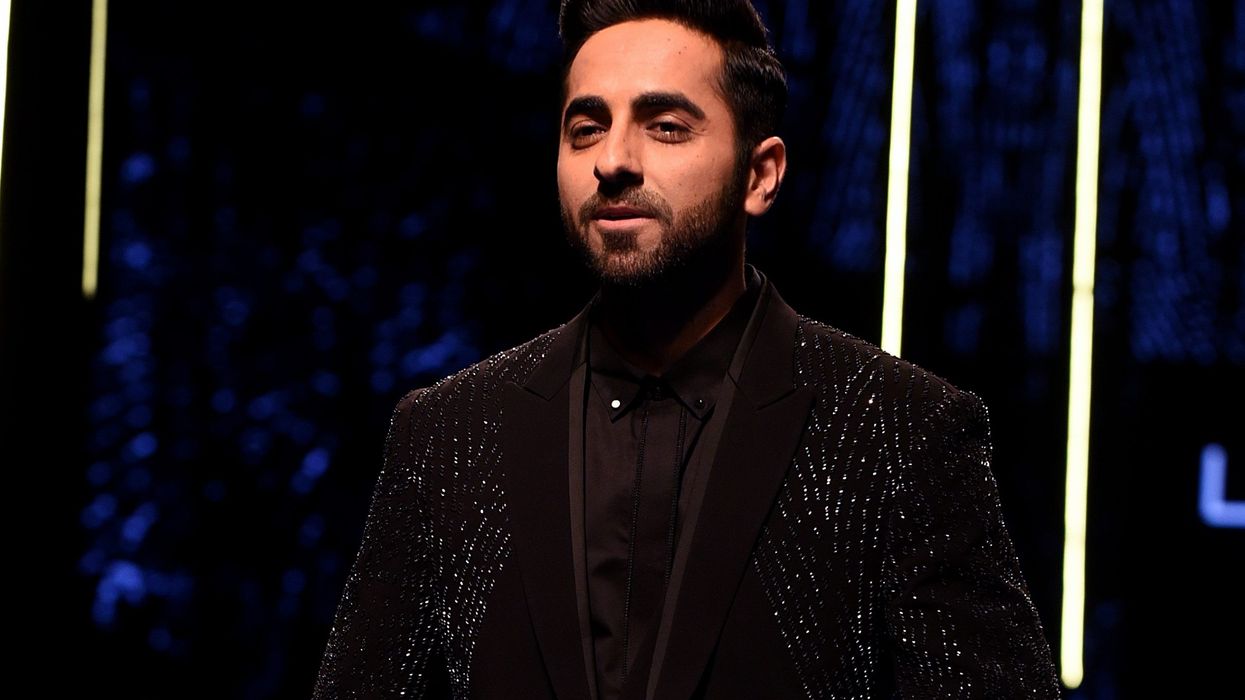Ayushmann Khurrana is ecstatic as his new film Chandigarh Kare Aashiqui has been receiving positive response ever since its release on December 10. The National Film Award-winning actor is known for taking up roles which many actors shy away from attempting. From playing a sperm-doner to a young man with erectile dysfunction, Khurrana has always tried to do something different.
In his latest film Chandigarh Kare Aashiqui, he plays a bodybuilder who falls in love with a trans-woman, played beautifully by Vaani Kapoor.
“Ever since my debut in Vicky Donor (2012), I have chosen films that have been deemed unconventional or taboo-breaking from a societal point of view. I feel that such films are necessary for India to make. I have felt the need to start a discourse about important issues that need to be addressed. Chandigarh Kare Aashiqui is one such film in my filmography and I am tremendously proud of it,” says Khurrana.
He goes on to add, “I’m lucky to have found a creative partner in Abhishek Kapoor (director of CKA) who too believed that there was a need to bring in focus issues affecting the transgender community in India. This was our attempt to make this conversation relevant and mainstream and I hope that the film will do just that in the days to come.”
Khurrana calls Chandigarh Kare Aashiqui one of his riskiest films to date. “I have never chosen to do a film keeping my box office gains in mind. I have not been built like that and I don’t think people expect anything safe from me. So, Chandigarh Kare Aashiqui is one of my riskiest films to date and no matter what the outcome of the film is, I will continue to be a risk-taker because I am hardwired like that as a human being.”
Keep visiting this space over and again for more updates and reveals from the world of entertainment.




